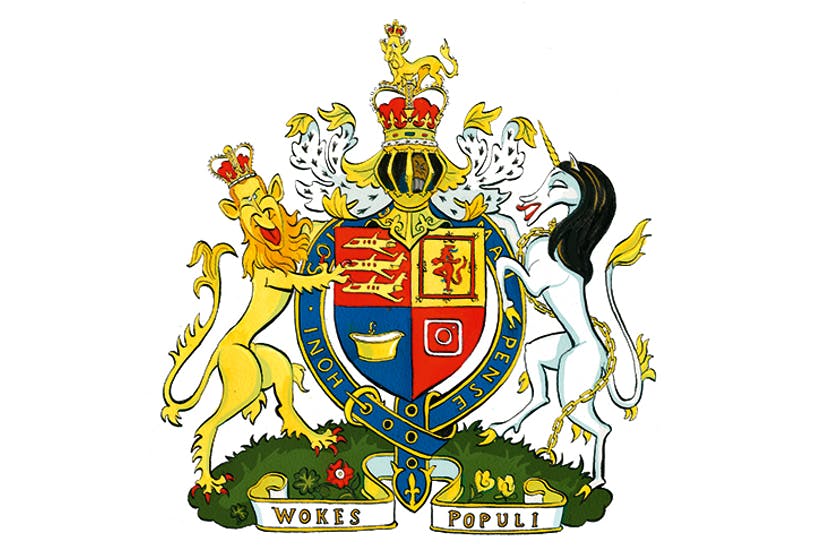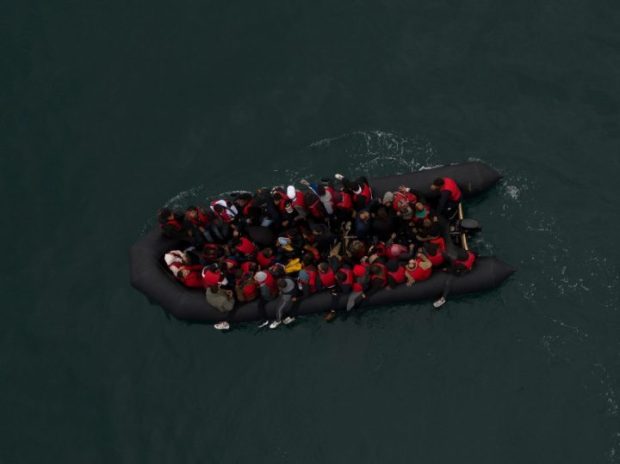The government has wisely kept away from the Harry and Meghan story so far. Despite that, no one should imagine that the latest royal farrago causes anything other than extreme concern for HMG, which will be worried at the potential for a rogue royal to upset the direction of government policy. There is still much to learn about how the Sussexes intend to conduct their lives, but the couple’s desire to pursue ‘a progressive new role’ will cause alarm in Whitehall. Anything that calls for interpretation risks going wrong.
To put this into context it is helpful to look at three examples, one extreme, the others less so.
For the first, historians would look to Edward VIII after the abdication. The deeply embittered Duke was a constant worry to the authorities. He was at the very least sympathetic to the Nazis, and his visit to Germany with Mrs Simpson and meetings with Hitler were diplomatic nightmares. In May 1939 he was commissioned by the American broadcaster NBC to record his thoughts on war as he visited the battlefields of Verdun. The resulting piece was deemed to be a call for appeasement. The BBC refused to broadcast the item, but it was reported on in newspapers to widespread anger.
His constant whining for more money and favours from George VI were high society gossip. In a Twitter age such behaviour would have been common knowledge. Even sending the Duke to be governor of the Bahamas did not end the need to monitor him closely. His reputation as a blabbermouth was so great and his ability to find disreputable company so notorious that Whitehall screened every official paper that was sent to him with microscopic care. No one knew who might eventually find interesting reading.
Princess Diana was a minor headache for government once she had divorced Prince Charles and left ‘the firm’. While no one doubted her humanitarian intent in her campaign against landmines, the realist has to point out that government has a deep interest in anything to do with arms and the military. Having Diana blunder into questions of international arms trade did not make things easy for the Foreign Office or Ministry of Defence.
Then of course there is Prince Andrew, whose circumstances we need not go into here.
The question Whitehall will now want answered from the Palace is just how ‘royal’ Harry and Meghan will be in future. Ideally, the less they are, the better, as it will make it easier for the government or FCO to fend off gaffes or inappropriate associations.
Difficulties will arise from the couple’s business arrangements as they seek ‘financial independence’. From a diplomatic perspective, the worry is less about their endorsing products, more about them taking roubles from an iffy oligarch, say, particularly if that involves overseas tax havens.
Without the guiding hand of officials, the type of humanitarian causes which the couple may seek to advance could also bring them into conflict with wider government objectives. That may seem fanciful, but anticipating worst-case scenarios is part of the game.
There is also the question of timing. Whitehall will be disappointed that Harry and Meghan have made their decision at a time when trade deals are about to be negotiated and our place in the world about to be reshaped. The royal family can be a powerful international force, and the Sussexes could have been leading advocates for progressive British values. Instead they have decide to exit the stage. Will they find they like not being in the limelight?
Jonathan Haslam is former chief communications secretary to John Major.
Got something to add? Join the discussion and comment below.
Get 10 issues for just $10
Subscribe to The Spectator Australia today for the next 10 magazine issues, plus full online access, for just $10.




















Comments
Don't miss out
Join the conversation with other Spectator Australia readers. Subscribe to leave a comment.
SUBSCRIBEAlready a subscriber? Log in